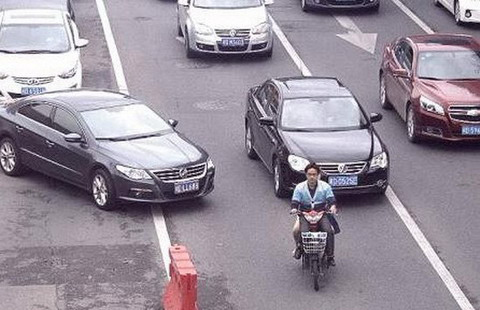Obama offers same old vision of division
By Hannay Richards (China Daily) Updated: 2014-11-18 08:15Speaking at the University of Queensland in Brisbane, Australia, on Saturday, US President Barack Obama gave what at least one person has called "the historic Brisbane speech". It was hardly that, but certainly it had one eye on history as it was clearly intended to be both part of the cement fixing Obama's place in history before he steps through the White House door for the last time, and a reassertion of the United States' leadership credentials after China's successful week in the spotlight hosting the Asia-pacific Economic Cooperation meetings in Beijing.
Unlike his performance in the Chinese capital last week, during which he cultivated the image of being just one of the boys hanging out in the local neighborhood, Obama's speech in Brisbane was intended to tell the world that the US is still firmly in the driving seat, and to tell future historians that it was Obama who ensured the US was behind the wheel during the Asia-Pacific century, thanks to his "pivot" policy.
Obama claimed that he was in town to talk about "the future that we can build together, here in the Asia-Pacific region".
Yet the future he envisioned was clearly the US way or the highway, or as Obama put it, a choice between conflict and cooperation.
Most people would say that's a no-brainer, let's all work together for a better future. Indeed, that was what appeared to have been the consensus at the APEC summit, where the regional leaders stated in their final declaration, "We commit to working together to shape the future through Asia-Pacific partnership in the spirit of mutual respect and trust, inclusiveness, and win-win cooperation."
But, as with most things when you get tired of reading the small print, there was a catch in Obama's speech. What he actually meant by cooperation is not everyone pulling together so the boat doesn't end up on the rocks that all the disputes are about, but everyone pulling together to follow a course set by the US in favor of its own interests.
Although Obama claimed the US believes that nations and peoples have the right to live in security and peace, it was hard to ignore the subliminal message that it is only the US that has some god-like ability to grant these, even though there are one or two nations and peoples who would probably argue that in using what power it has, the US has only bought them turmoil and violence.











